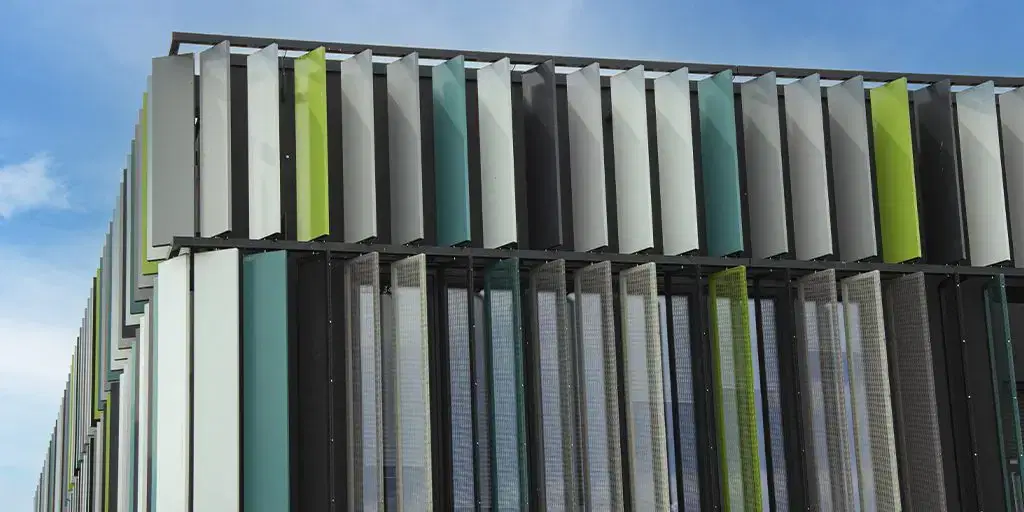UK Heatwaves and climate resilient buildings
As we enter another hot period in the UK, meteorological statistics show that these are happening more frequently and with greater intensity than in decades past. The CBC sustainability team are working with our clients to ensure that the built environment is prepared for increased climate hazards.
UK Climate Resilience Roadmap
As part of London Climate Action Week last month, the UK Green Building Council (UKGBC) released the UK Climate Resilience Roadmap report. The report issued a stark warning that our schools and offices are simply not prepared for the effects of global warming.
“The UK is not ready for the extreme weather events of today, even less so for the hotter, wetter and wilder climate that is already racing down the track at us,” said UKGBC chief executive Simon McWhirter.
“Our homes, schools, hospitals, parks and offices are on the frontline, protecting and nurturing us,” he continued. “We need a fundamental rethink if we are to help protect people and our way of life.”
Thermodynamic modelling evidence
The report used thermodynamic modelling to predict the impact of a temperature rise of 2°C and what that would mean for the built environment. The data was sobering, demonstrating that 6 million homes and apartments across London in the Southeast will experience extreme heat three weeks a year. The impact for the elderly in care homes was similar, whilst the report also showed through modelling that our school children will be contending with 10 weeks of extreme heat in temperatures upwards of 28°. The challenge for the built environment is not limited to older buildings, as the report outlined offices will also face difficult conditions. Expansive glass façades common in modern workspaces make these properties very susceptible to overheating.
The impact of climate hazards
Destructive climate impacts and extreme weather will affect everyone, threaten lives and livelihoods, and harm buildings, infrastructure, and we will need measures to protect against climate hazards. The report was a stark increase in the urgency level of action needed such as target setting and goals for resilience at a national and local level. It will require a cohesive and collaborative effort, robust data and sharing of best practice. The intention of the roadmap was to prepare everyone working as built environment professionals and to build an evidence-backed strategy that will enable the UK to adapt to climate hazards. This will require swift action and changes in policy across the built environment industry.
Delivering climate-resilient buildings
Our sustainability team already integrates climate resilience into their work providing clients with the modelling, reports and data they need to make informed decisions both on brand-new projects and retrofitting. The CBC team undertakes overheating analysis for clients through dynamic thermal modelling utilising localised weather data files. This is to ensure developments are built utilising available passive measures and HVAC strategies to mitigate against overheating adhering to guidance criteria for current and future weather data files. We also have qualified PAS 2035 Retrofit Coordinators on our team alongside highly skilled mechanical and electrical engineers who have spent years meeting net zero goals for our clients.
There is no doubt that we face an enormous challenge and the UKGBC has firmly sounded the alarm. The Cudd Bentley sustainability team is committed to working alongside local and national government to ensure we support climate-resilient measures for the built environment that utilises this evidence-based strategy alongside our years of experience as sustainable engineering consultants.



